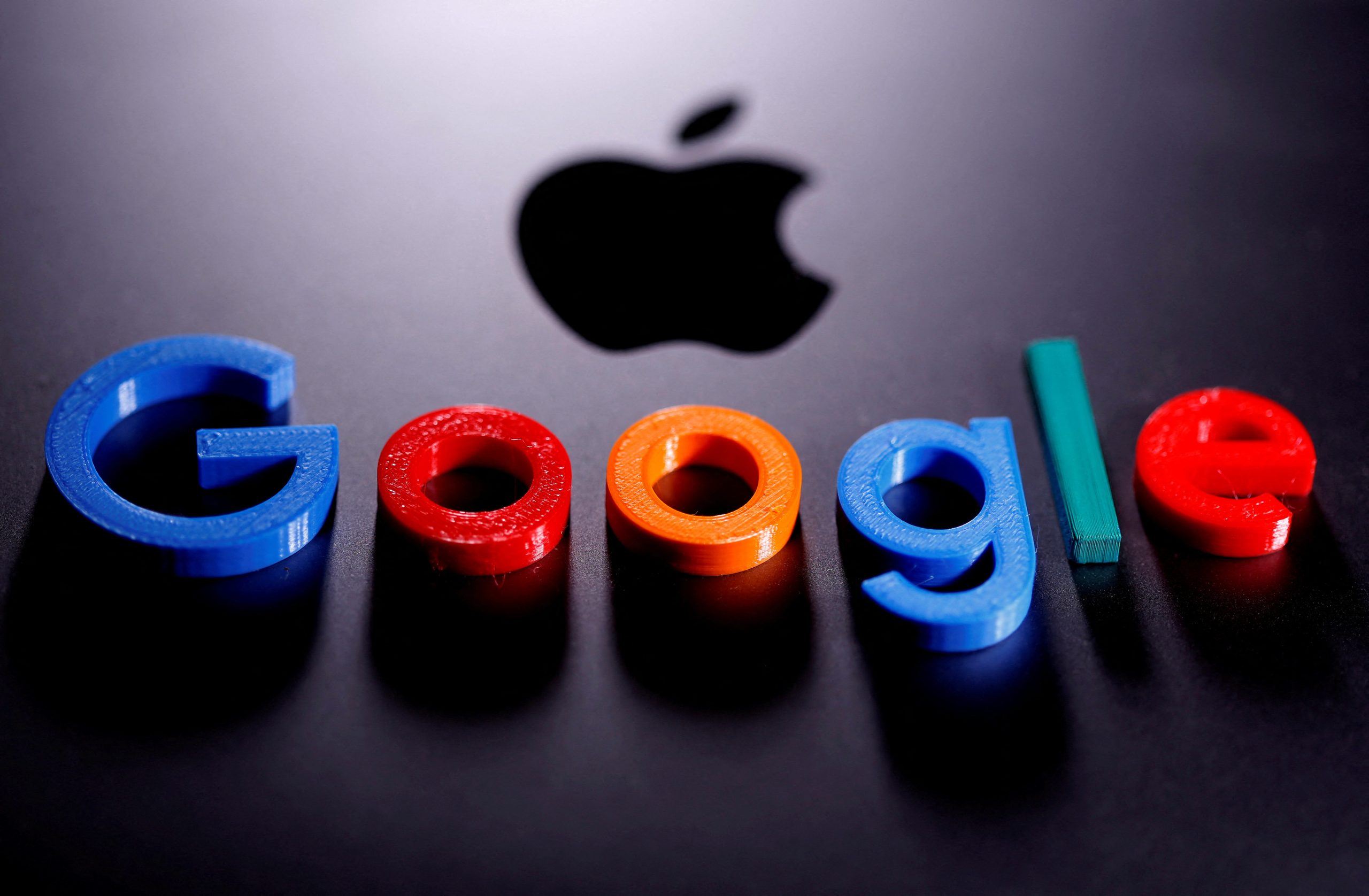
The European Commission has charged Google with two violations of landmark EU digital regulations and issued directives to Apple to open its ecosystem to competitors, marking a significant escalation in the bloc’s ongoing crackdown on major tech companies. These actions, announced on Wednesday, are part of the European Union’s enforcement of the Digital Markets Act (DMA), a legislative framework designed to curb the dominance of Big Tech and ensure fair competition.
Google Faces Dual Charges Over App Store and Search Practices
Google, a secondary of Alphabet Inc., has been under EU investigation since March last year for potentially violating the DMA. The Commission’s initial findings verify allegations that Google has restricted app developers from informing users about better offers outside its Play Store and has favored its own services such as Google Flights, Google Shopping and Google Hotels over those of competitors in search results.
According to regulators, Google enforced unfair restrictions on app developers, preventing them from freely directing consumers to alternative channels where they may find better pricing. The Commission also criticized Google’s service fees for acquiring new customers through Google Play, arguing they exceed reasonable limits.
EU antitrust chief Teresa Ribera stated, “These measures ensure that Alphabet abides by EU rules when it comes to two services widely used by businesses and consumers across the EU: Google Search and Android.“
Google strongly opposed the findings, warning that these regulatory measures could harm consumers and businesses. In a blog post, Oliver Bethell, Google’s senior director for competition, debated that the need for changes to search results would make it difficult for users to find relevant information and would reduce traffic to European businesses. He also stated that restricting Google’s ability to charge service fees would undermine the financial support needed for Android’s continued development.
If found guilty of breaching the DMA, Google could face penalties of up to 10% of its global annual revenue, which could amount to billions of euros.
Related articles you may find interesting
Apple Ordered to Open Ecosystem to Competitors
Alongside Google’s charges, the European Commission issued two orders against Apple, compelling the iPhone maker to give competitors fair access to its technology. The first order needs Apple to allow rival smartphone manufacturers, headphone makers, and virtual reality headset companies to merge their products smoothly with iPhones and iPads. The second directive mandates Apple to establish a clear timeline for responding to requests from app developers seeking interoperability with its systems.
Apple pushed back against the Commission’s decision, warning that the ruling would hinder innovation and benefit its competitors unfairly. In a statement, Apple argued that the regulations would “wrap us in red tape, slowing down Apple’s ability to innovate for users in Europe and forcing us to give away our new features for free to companies who don’t have to play by the same rules.” The company vowed to continue discussions with EU regulators to address its concerns on behalf of users.
Global Repercussions and Political Tensions
These latest regulatory moves come despite opposition from the U.S. government. President Joe Biden’s administration has previously expressed concerns that EU regulations disproportionately target American tech firms. Former President Donald Trump had even threatened to impose tariffs on countries that fined U.S. companies.
The EU’s actions could have significant consequences beyond its borders. With the DMA serving as a model for global tech regulation, other jurisdictions, including the United States, the United Kingdom, and Australia may take inspiration from Europe’s aggressive stance on digital market fairness. The case also highlights the growing tension between regulators and major technology firms, which argue that such rules could stifle innovation and limit consumer choice.
Apple and Google now face inspection, with potential investigations and further fines if they fail to comply with the Commission’s directives. With the DMA in full effect, the European Union is signaling a new era of stricter enforcement against Big Tech’s market power.





